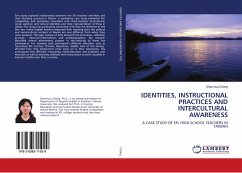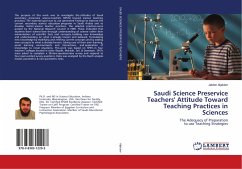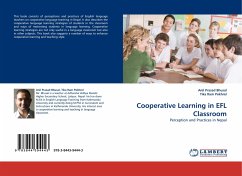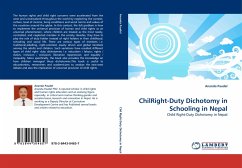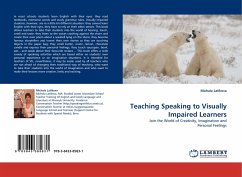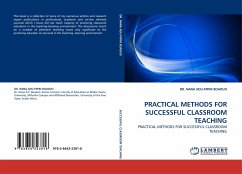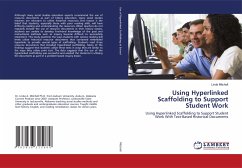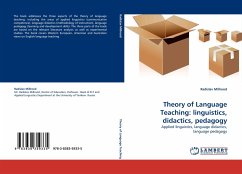This study explored relationships between five EFL teachers' identities and their teaching practices in Taiwan. A qualitative case study examined the complexities and paradoxes associated with these teachers' professional, social, political, and cultural identities and their representation of these in classes. The study was particularly concerned with how the identities of the five non- native English teachers impacted their teaching since the political and social-cultural contexts in Taiwan are very different from when they were students. Through analysis of data derived from interviews, reflection journals, classroom observations and autobiographies, the research identified several phenomena present in the teaching of these five participants. For example, each participant's different identities, such as non-native EFL teacher, Chinese, Taiwanese, middle- class of the society, affected how they interpreted what went on in their classrooms. The participants had difficulty integrating multiculturalism and authentic text materials as well as teaching methods and instructional content situated in learners' realities into their curricula.

